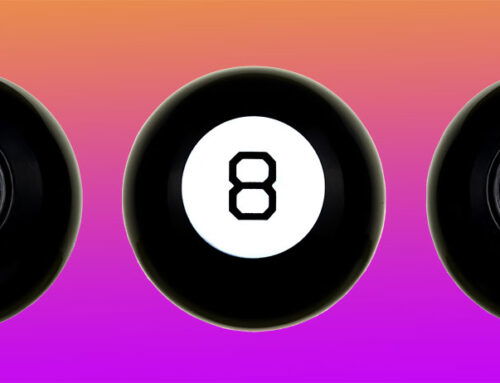Oh, irony, what complexity! I love irony for its veneer covering insights beneath the surface. I know, with one stroke I’ve opened pandora’s box filled with more than anyone could cover in a lifetime. Never mind; I don’t need to be comprehensive or even consistent to explore ideas that strike me, such as I did in my short essays, Truth and Fantasy. Nothing is ever comprehensive anyway; there’s always another point of view, a different perspective; every little bit enriches our understanding.
Thanks to television and modern technology, I spent hours awe-struck watching the Olympics with admiration, disbelief, moved to tears for the triumphs (and, yes, disappointments) of strangers performing acts I could never accomplish myself or, sometimes, I never even heard of (for example, handball). And so, where’s the irony?
Consider the title: the 2020 Olympics. 2020? It’s 2021. What irony that we deny the reality of time by clinging to that dreadful 2020 year, the curse of Covid, which we would like to forget. Why not just call it what it is: the 2021 Olympics, with an asterisk for explanation? Indeed, these 2021 Olympics even had participants that would have been too young to compete in 2020 (for example, Chinese gold medalist 14-year-old Quan Hongchan in women’s diving, who broke records with perfect scores). Do we want to whitewash our difficulties and tragedies by denial? Do we want a replay, such as a mulligan in golf – a second chance after the first went wrong through bad luck or a blunder? Reality is hard to grasp and admit, but it won’t disappear, like an ostrich might imagine with its head in the sand.
What irony that we feared – essentially were prepared for – failure due to the absence of spectators. Was this going to be an Olympics to forget, an eerie spectacle – a dud – best postponed still another year rather than risk heroic acts lost in empty stadiums?
What irony that the opposite occurred. I believe history will judge these Olympics special, remarkable, unforgettable. Tens of thousands of empty seats, a haunting nothingness, yes, but an emptiness that filled our hearts by directing attention solely to the superhuman feats of the athletes. Their triumphs on-site were inextricably linked with who they are. How ironic to be linked to their families and friends – their lives – more intimately by their virtual presence on screen than if they were squeezed here and there among the masses. Distance brought us together, distance gave a human dimension more personal than ever before. What irony – distance closing the gap, absence filling the void. How can I ever forget 17-year-old Lydia Jacoby from Alaska, a state with only two swimming pools, winning gold in the women’s 100-meter breaststroke, beating Olympic champion Lilly King, the world record holder, with hardly a soul there to witness her once in a life-time feat? Lydia Jacoby!! No one there? Nonsense. We were all there to celebrate with her ecstatic high school friends jumping and screaming for joy in Alaska, not Japan: their absence, ironically, brought them to us in a way I doubt could have happened in an overcrowded arena. The same for Allyson Felix (and many others), with her remarkable winning medal number 10 to tie and then medal 11 to surpass Carl Lewis for the most Olympic medals ever won by anyone in track and field. How a crowd would have cheered! But it was her little daughter sending kisses to her, and all of us, on-screen, her devoted family and friends, more present with distance, that enlarged her victory to who she is. How ironic!
What irony when the extraordinary Simone Biles, the gymnastics superstar, bowed out of events, bringing expectations of failure for the women gymnasts. But that’s not what happened. She brought victory to herself and all of us. Admitting reality and personal problems, courageously humanizing an image, was triumph enough for her. But the irony didn’t end there. The brilliance of her teammates filled the void she left – Sunisa Lee (gold medal for all-around gymnastics) and Jade Carey (gold medal for artistic floor gymnastics) shined all the more brightly with Simone’s absence, and then her return (bronze medal for the balance beam) moved us all with the message that the human heart beats bravely if you let it do so.
How absence can be seen, like silence can be heard.
What irony that these 2020 (really 2021) Olympics, performed before empty seats in these stressful times, showed that victory is a personal, human achievement, not one that depends on the immediate audience.






Leave A Comment